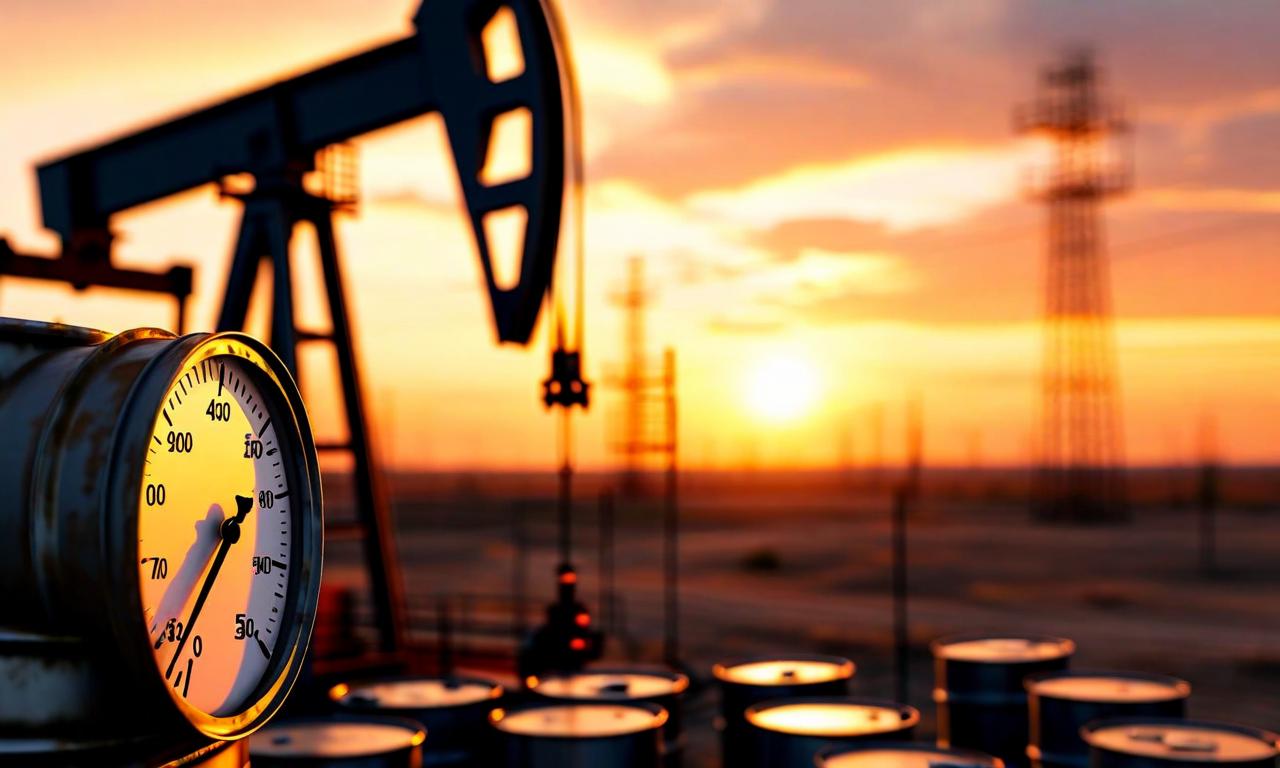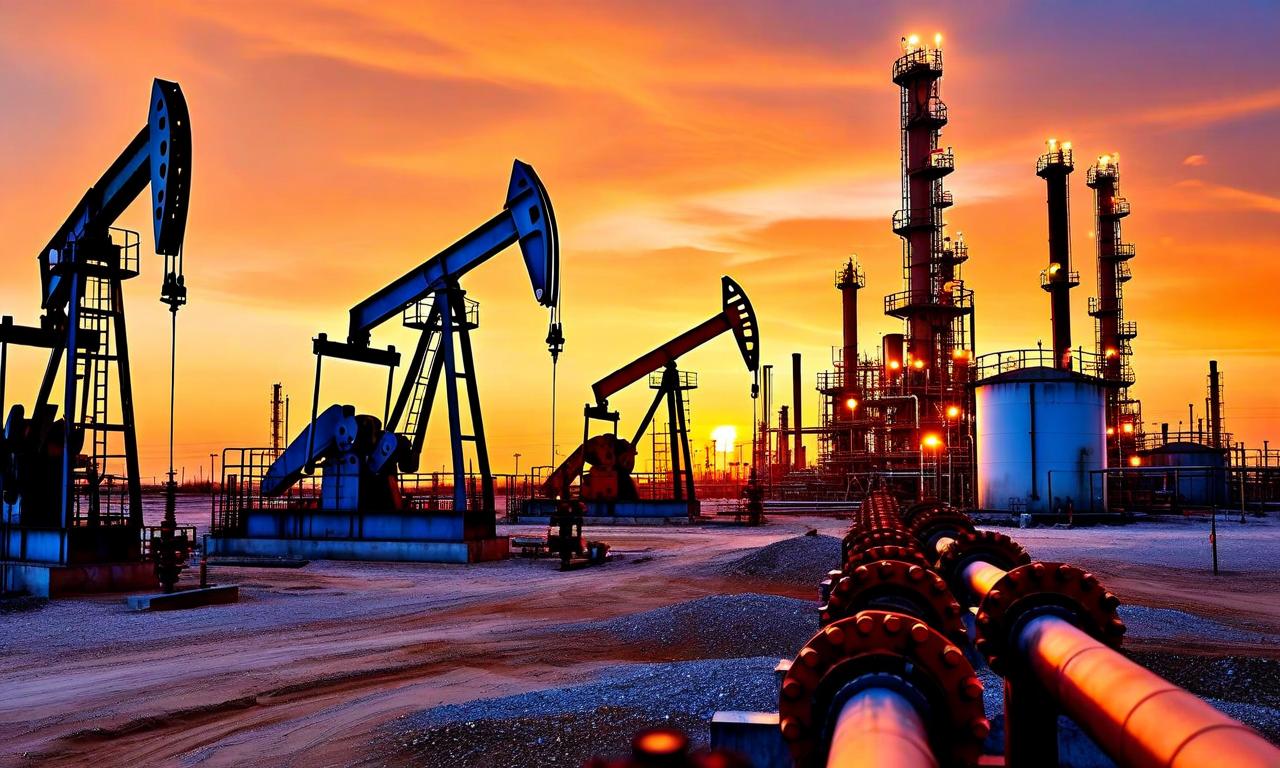OPEC+ Maintains Current Production Levels, Russia's Novak Reveals
Russia's Deputy Prime Minister Alexander Novak revealed that OPEC+ did not consider a more substantial increase in oil production during their recent Sunday meeting. This decision suggests OPEC+ is maintaining a cautious approach to oil output, focusing on careful supply management and price stability amid uncertain global demand. The alliance's stance could significantly impact global oil markets, prices, and broader economic factors.

*this image is generated using AI for illustrative purposes only.
Russia's Deputy Prime Minister Alexander Novak has provided insight into the recent OPEC+ discussions, revealing that the oil alliance did not consider a more substantial increase in production during their Sunday meeting.
OPEC+ Decision-Making Process
Novak's statement sheds light on the deliberations within OPEC+, the influential group of oil-producing nations that includes OPEC members and several non-OPEC countries, including Russia. The alliance's decisions on production levels can significantly impact global oil markets and prices.
Implications for Oil Markets
The revelation that a stronger production increase was not on the table suggests that OPEC+ is maintaining a cautious approach to oil output. This decision could have several implications:
Supply Management: By not considering a larger production increase, OPEC+ appears to be focusing on careful supply management in the face of uncertain global demand.
Price Stability: The decision may aim to maintain oil price stability, balancing the needs of oil-producing countries with global economic considerations.
Market Response: Oil markets are likely to react to this information, as it provides clarity on OPEC+'s current stance on production levels.
Global Context
OPEC+'s decision-making process occurs against a backdrop of complex global economic factors, including:
- Recovery from the COVID-19 pandemic
- Inflationary pressures in many economies
- Geopolitical tensions affecting energy markets
The group's choices can have far-reaching effects on energy prices, inflation rates, and economic growth worldwide.
Conclusion
While specific production figures were not mentioned in Novak's statement, the news underscores the importance of OPEC+ decisions in shaping global oil market dynamics. Market participants and analysts will continue to closely monitor any further statements or actions from OPEC+ members for indications of future production strategies.



























